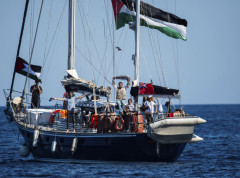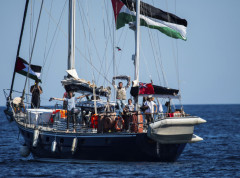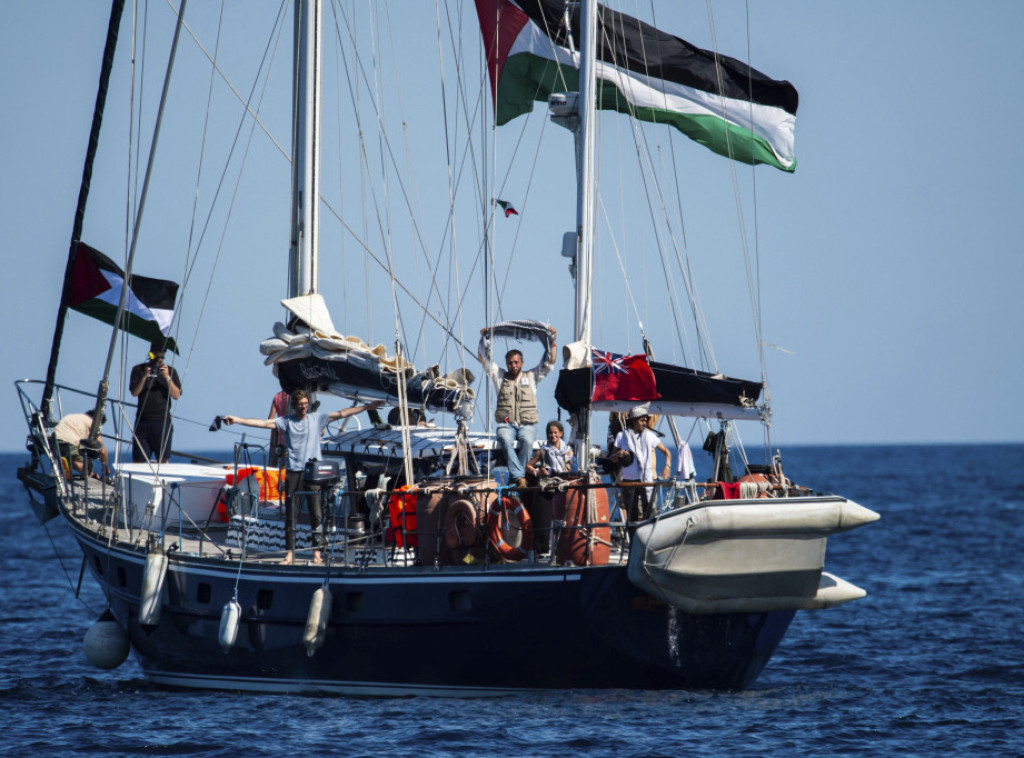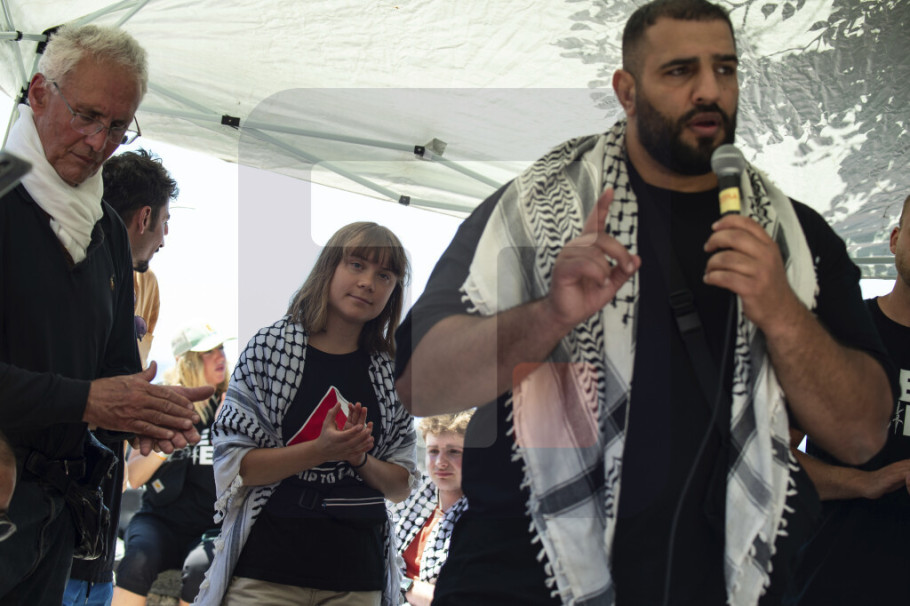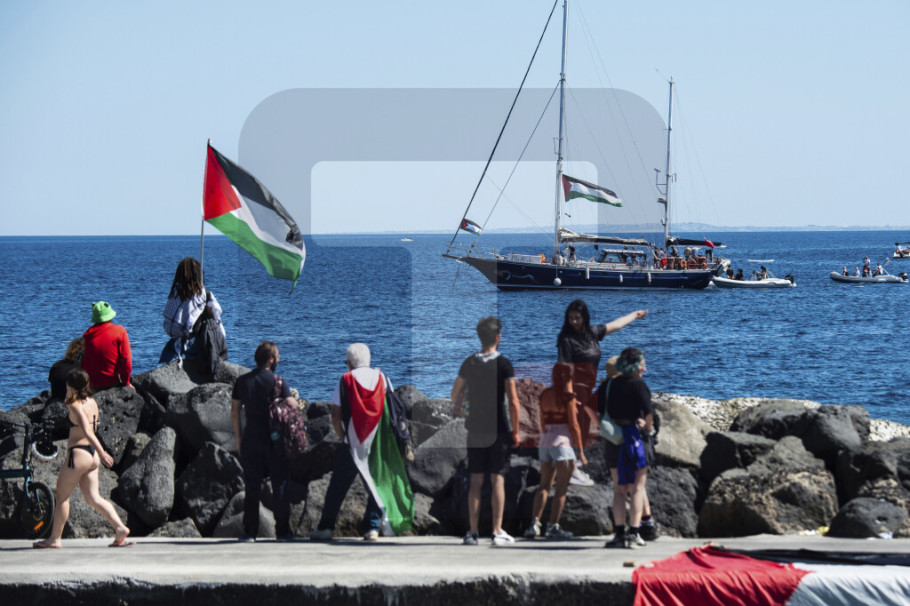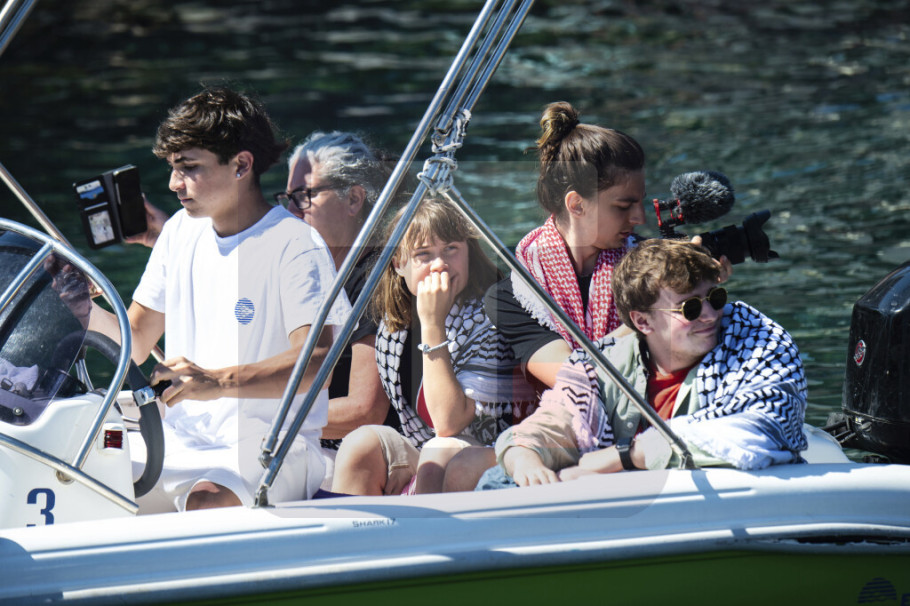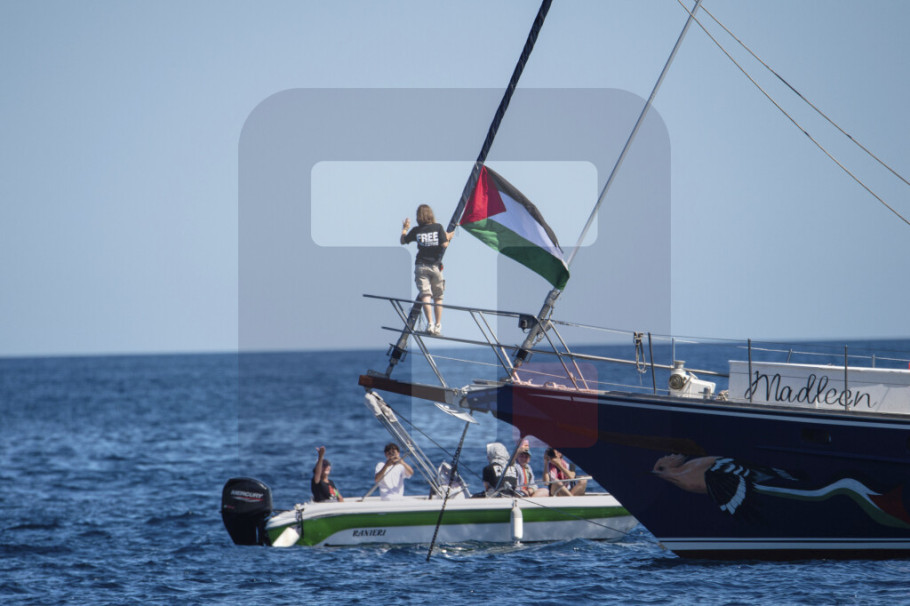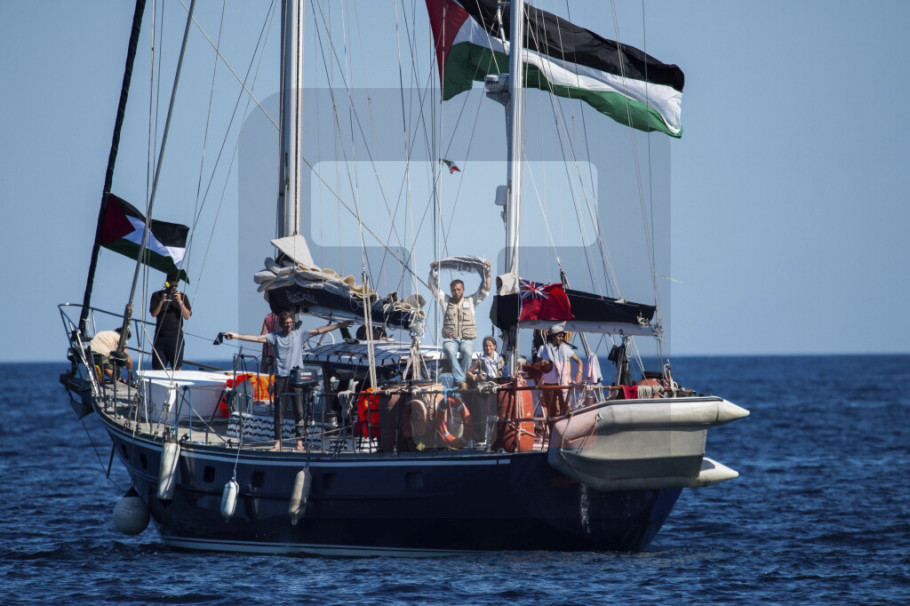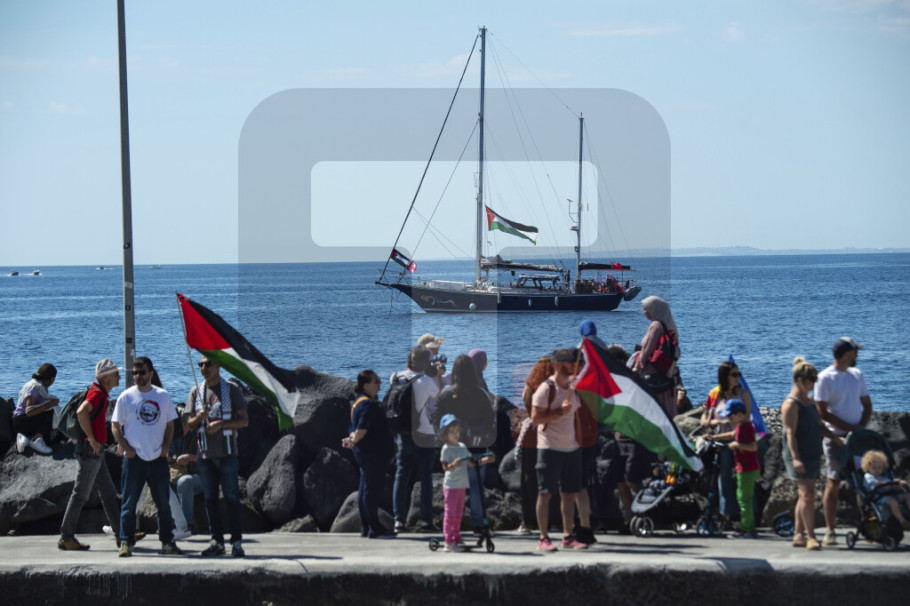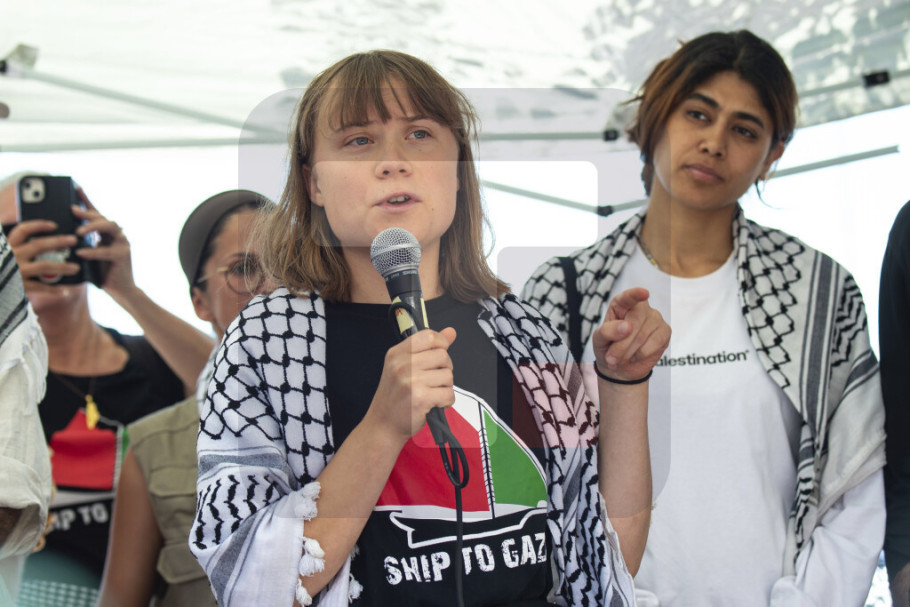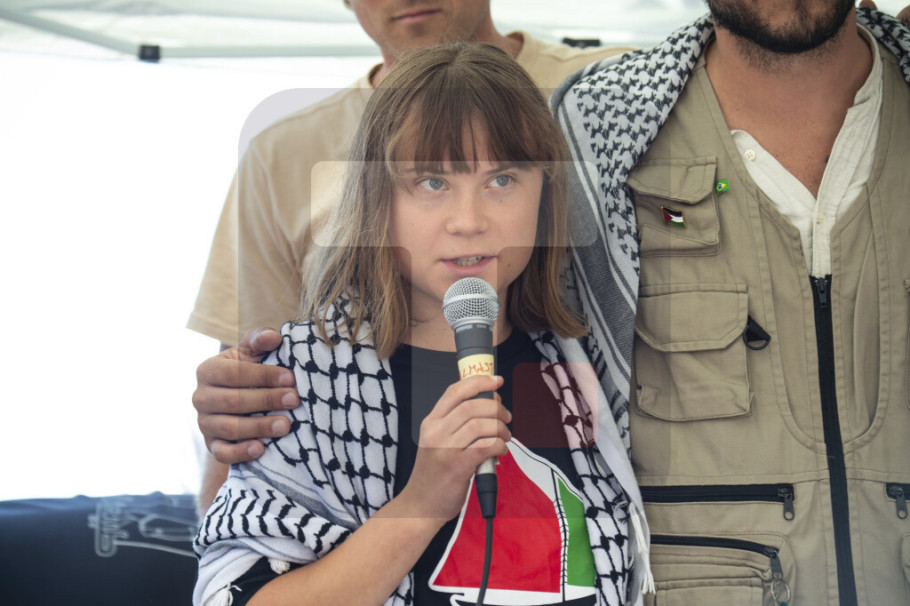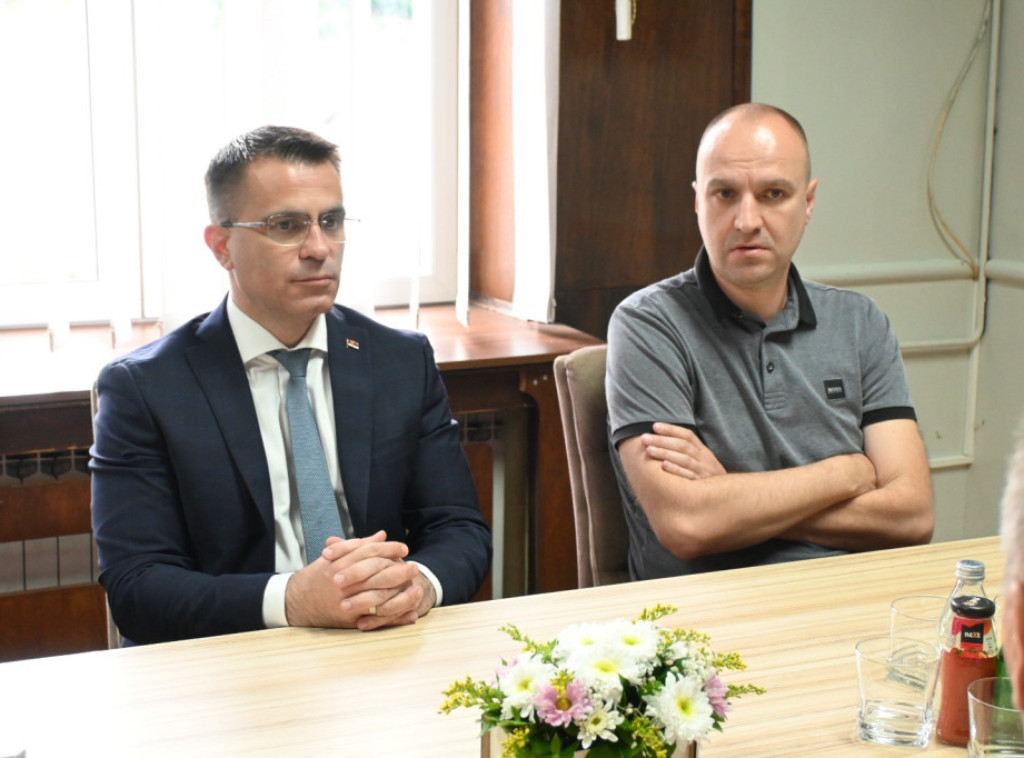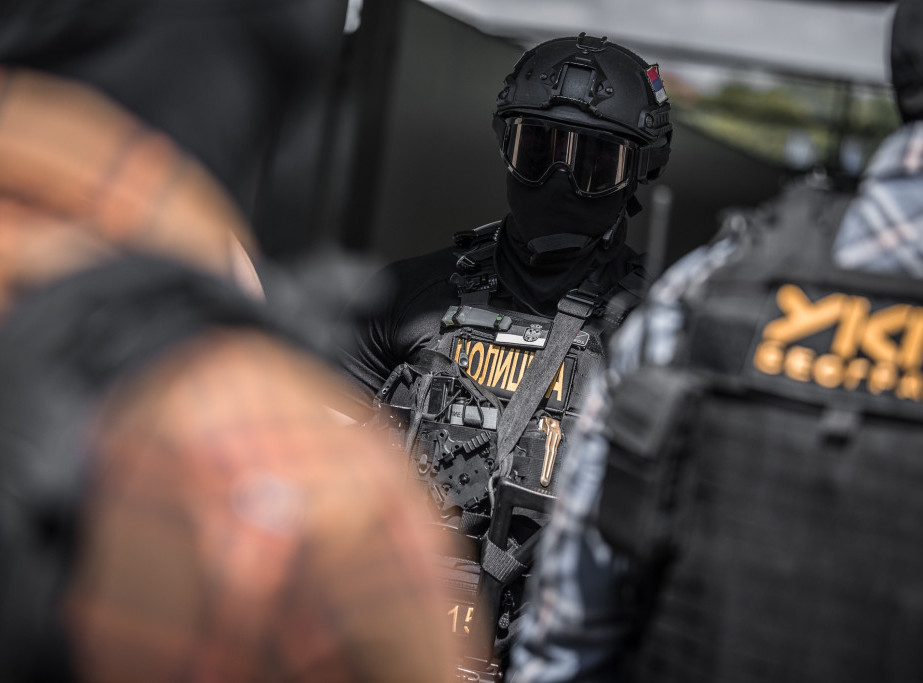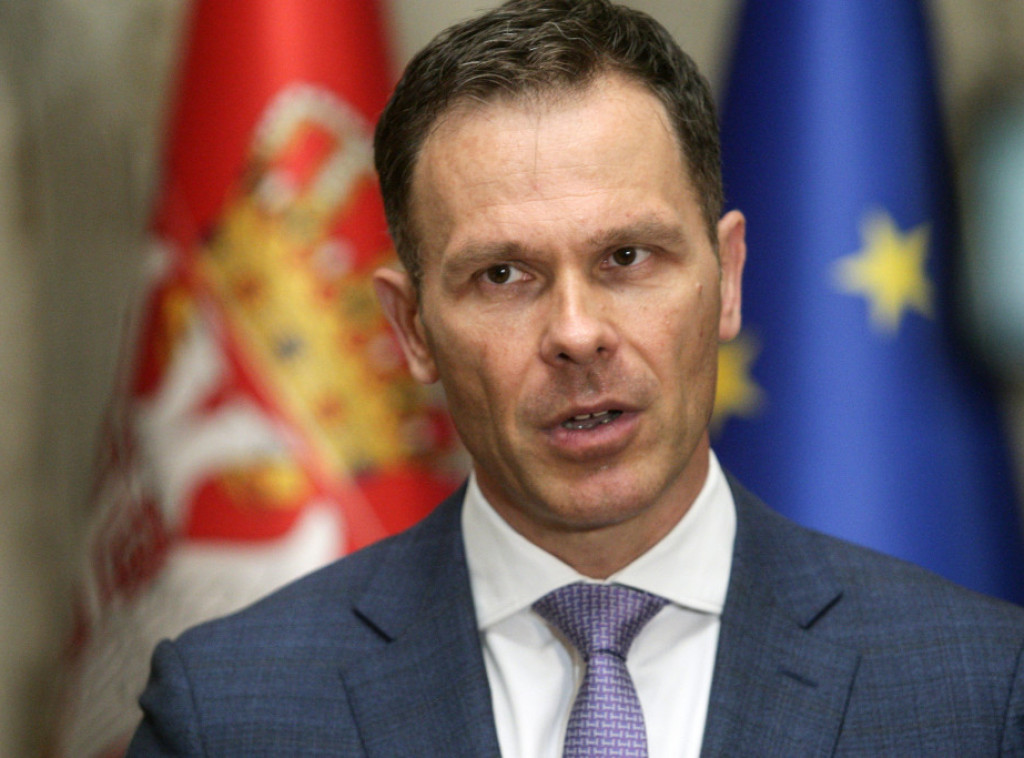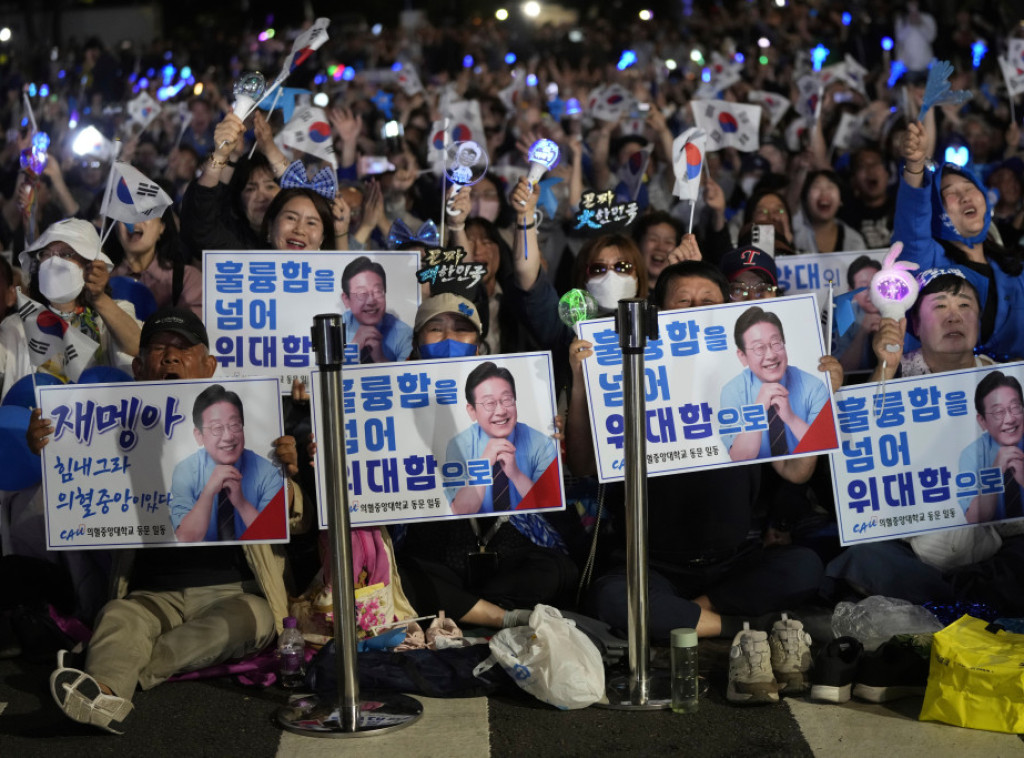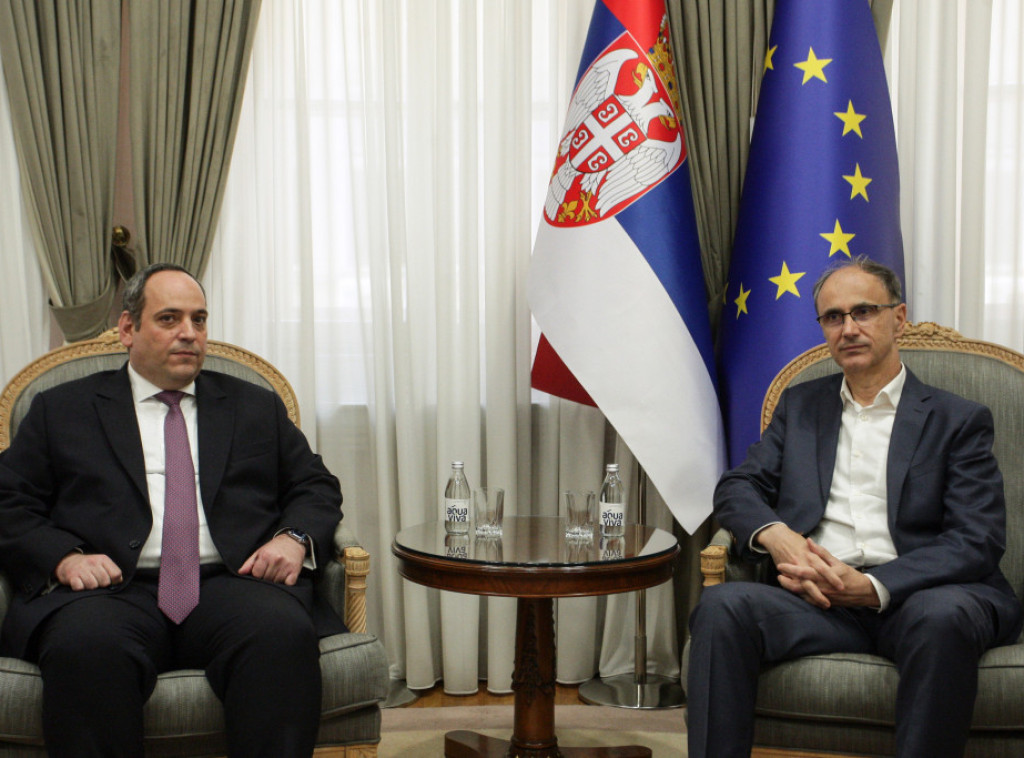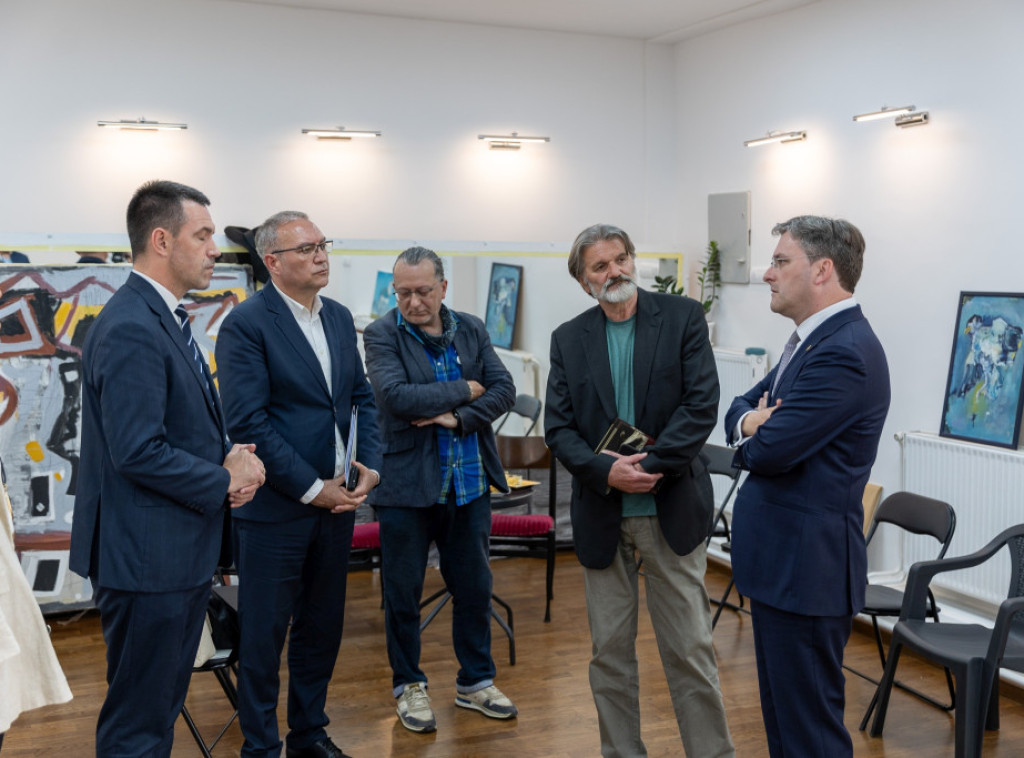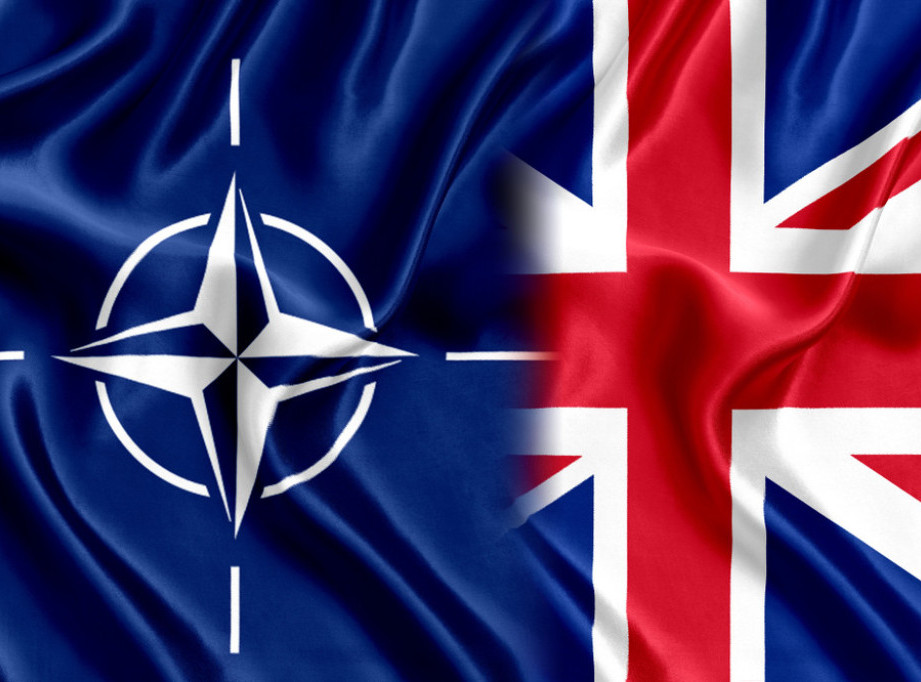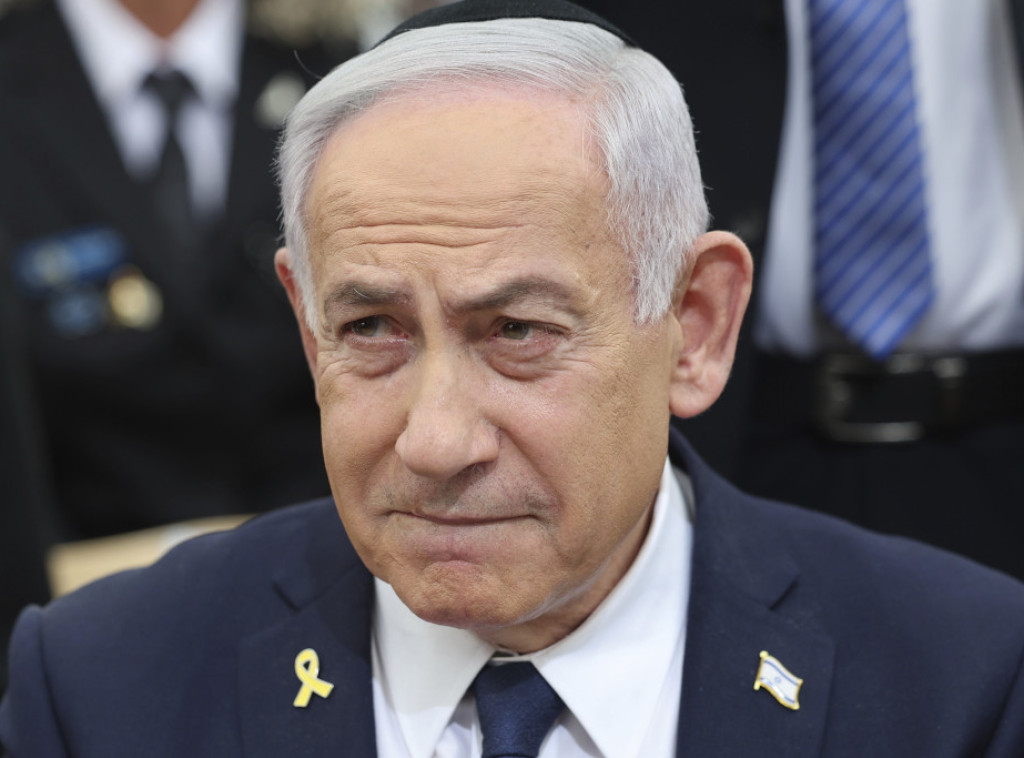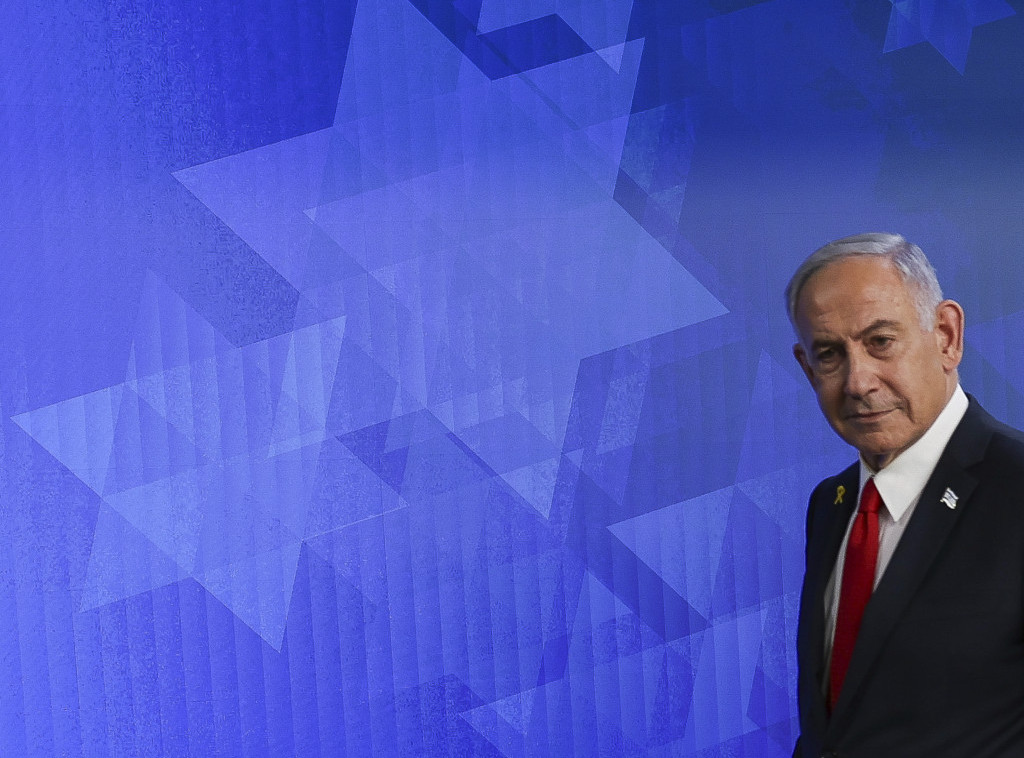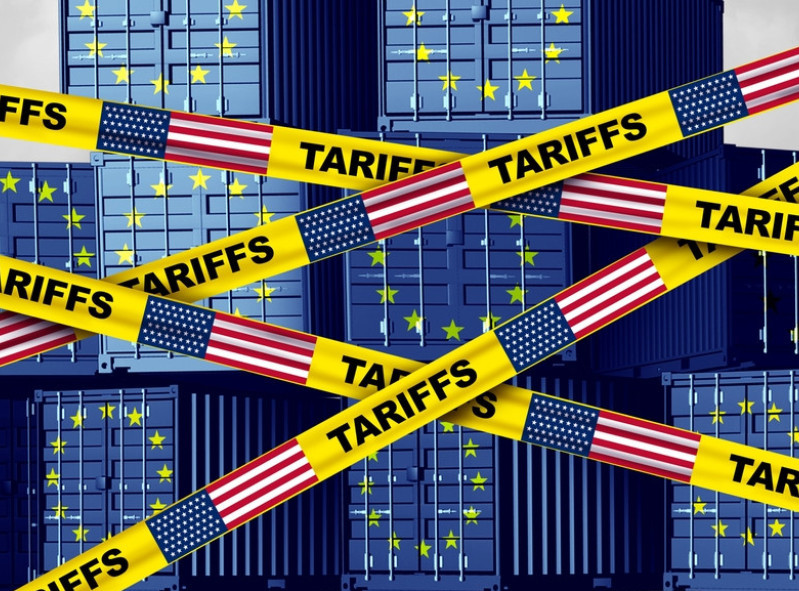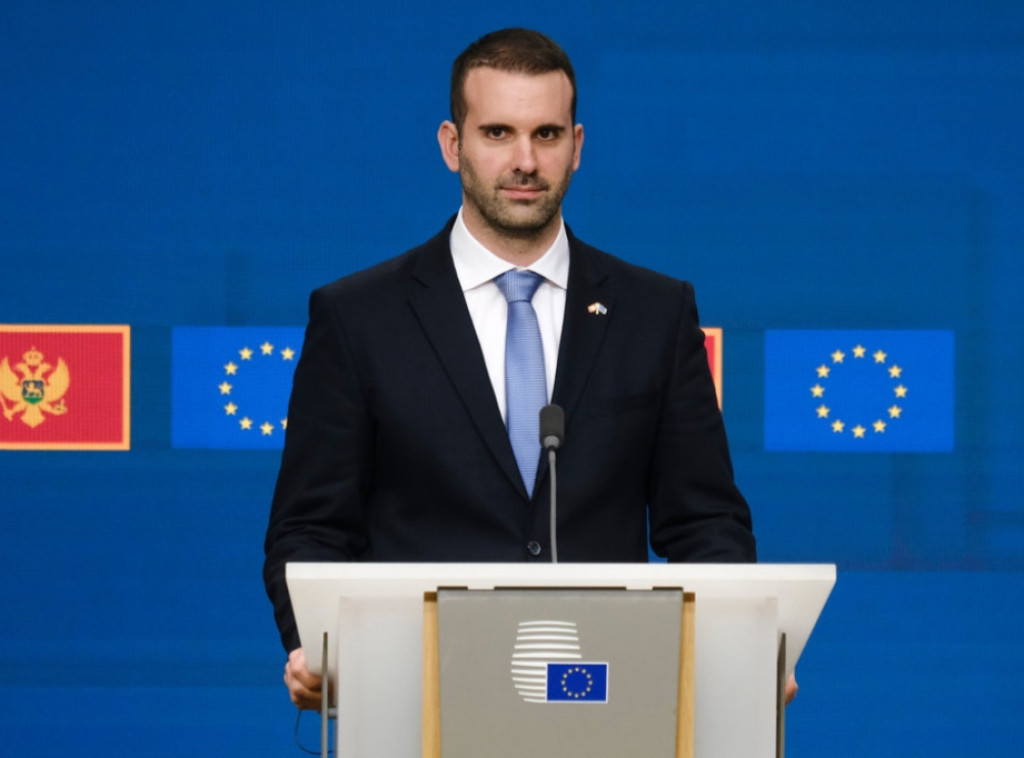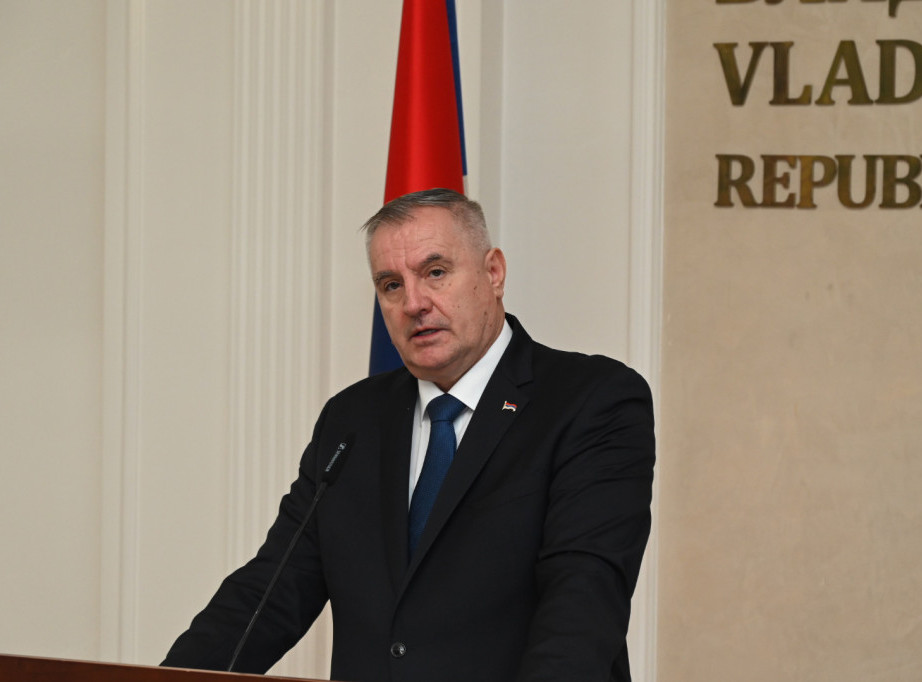Swedish climate activist Greta Thunberg and a group of 11 activists set sail from the Sicilian port of Catania to Gaza with the aim of breaking the Israeli blockade of the territory. The ship, operated by the international nonprofit organization Free Flotilla Coalition (FFC), carries limited but symbolic amounts of aid. The activists emphasize that their mission is a nonviolent direct action against the Israeli illegal blockade and escalation of war crimes. The United Nations has described the situation in Gaza as the worst since the start of the war between Israel and the Palestinian militant group Hamas. Additionally, humanitarian organizations and the UN have expressed concern over the blockade and the restricted access to aid in Gaza.
Political Perspectives:
Left: Left-leaning outlets emphasize the humanitarian aspect of the mission, highlighting Greta Thunberg’s activism and the symbolic nature of the aid. They focus on the illegal nature of the Israeli blockade and frame the flotilla as a peaceful protest against oppression and war crimes. The narrative stresses solidarity with Gaza’s civilian population and criticizes Israeli policies.
Center: Centrist sources report the facts of the mission, including the participants, the purpose of breaking the blockade, and the context of the ongoing conflict. They present statements from both the activists and official organizations like the UN, maintaining a neutral tone without strong bias. The focus is on the humanitarian situation and the complexity of the conflict.
Right: Right-leaning outlets may emphasize the security concerns of Israel and the risks involved in attempting to break the blockade. They might highlight Israel’s justification for the blockade as a necessary security measure against Hamas militants. The narrative could question the effectiveness or motives of the flotilla and stress the importance of Israel’s right to defend itself.





